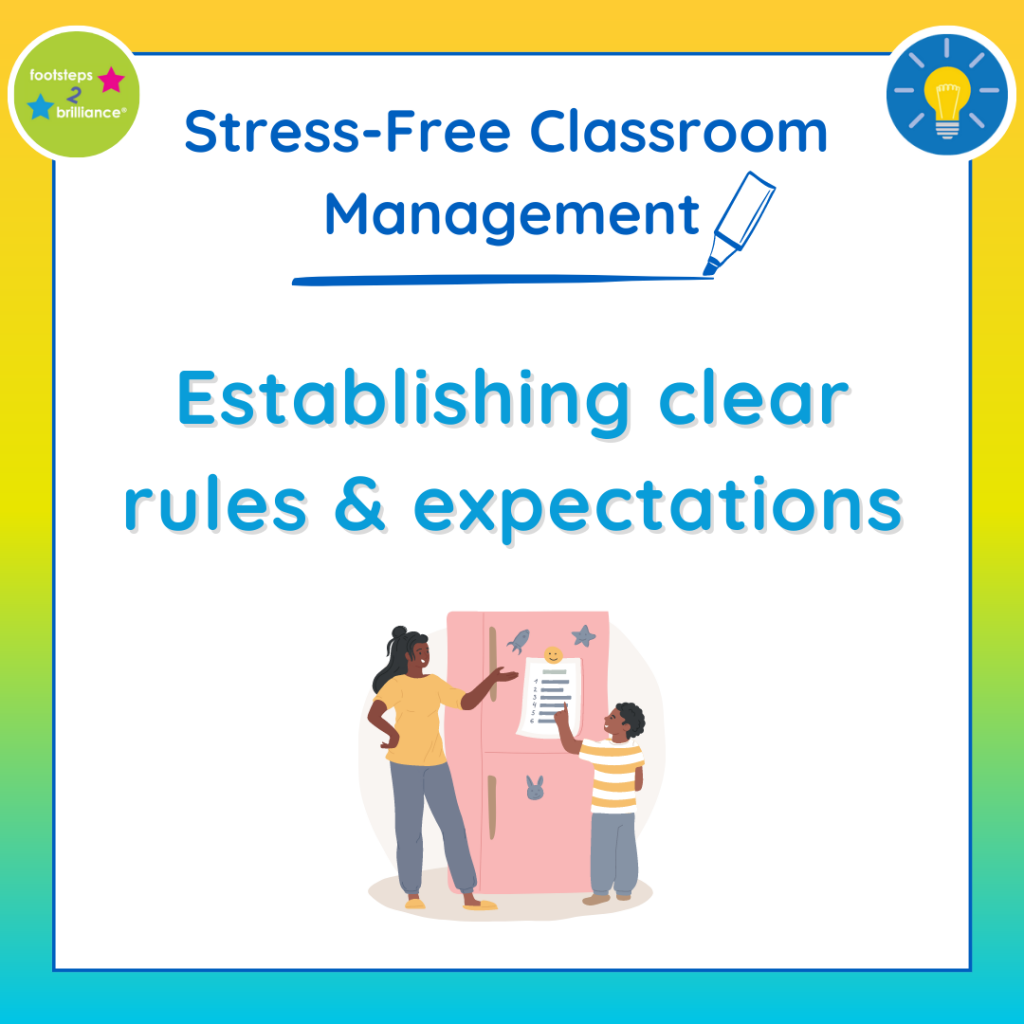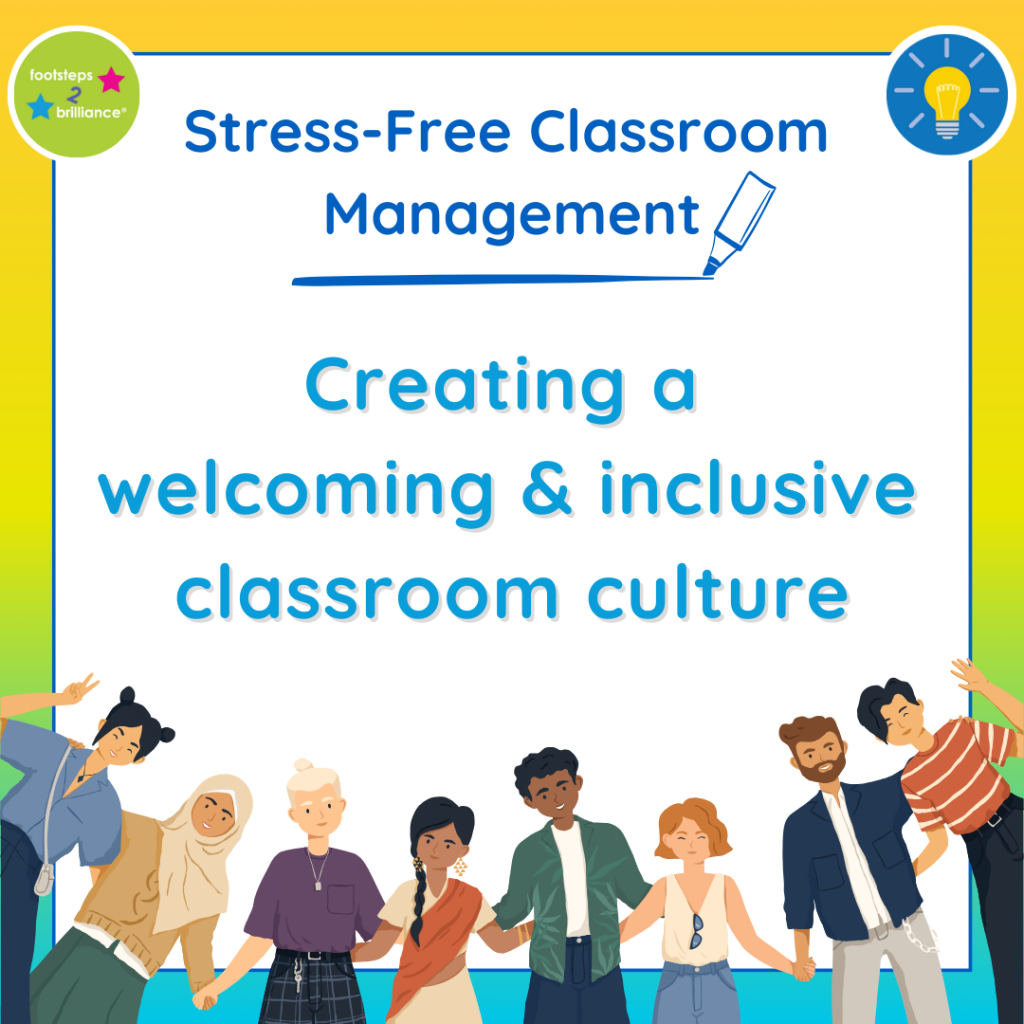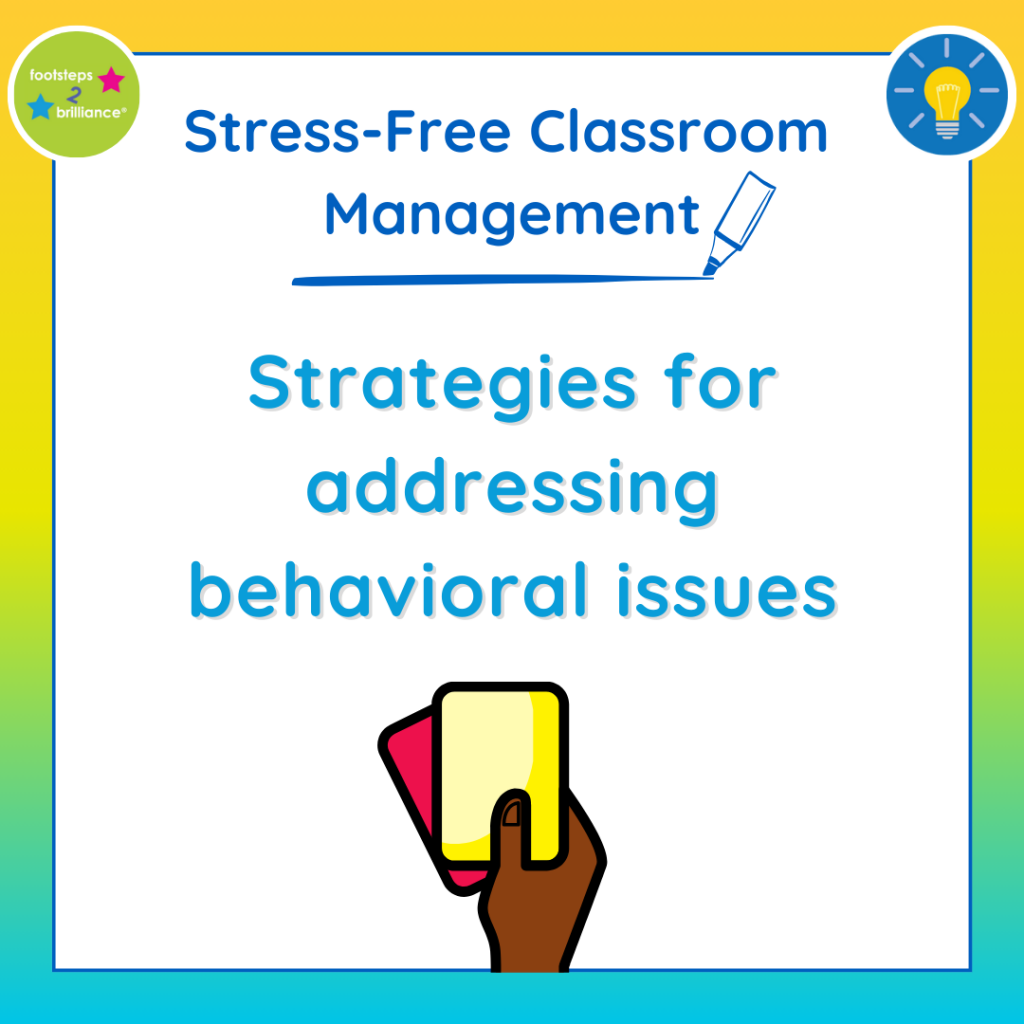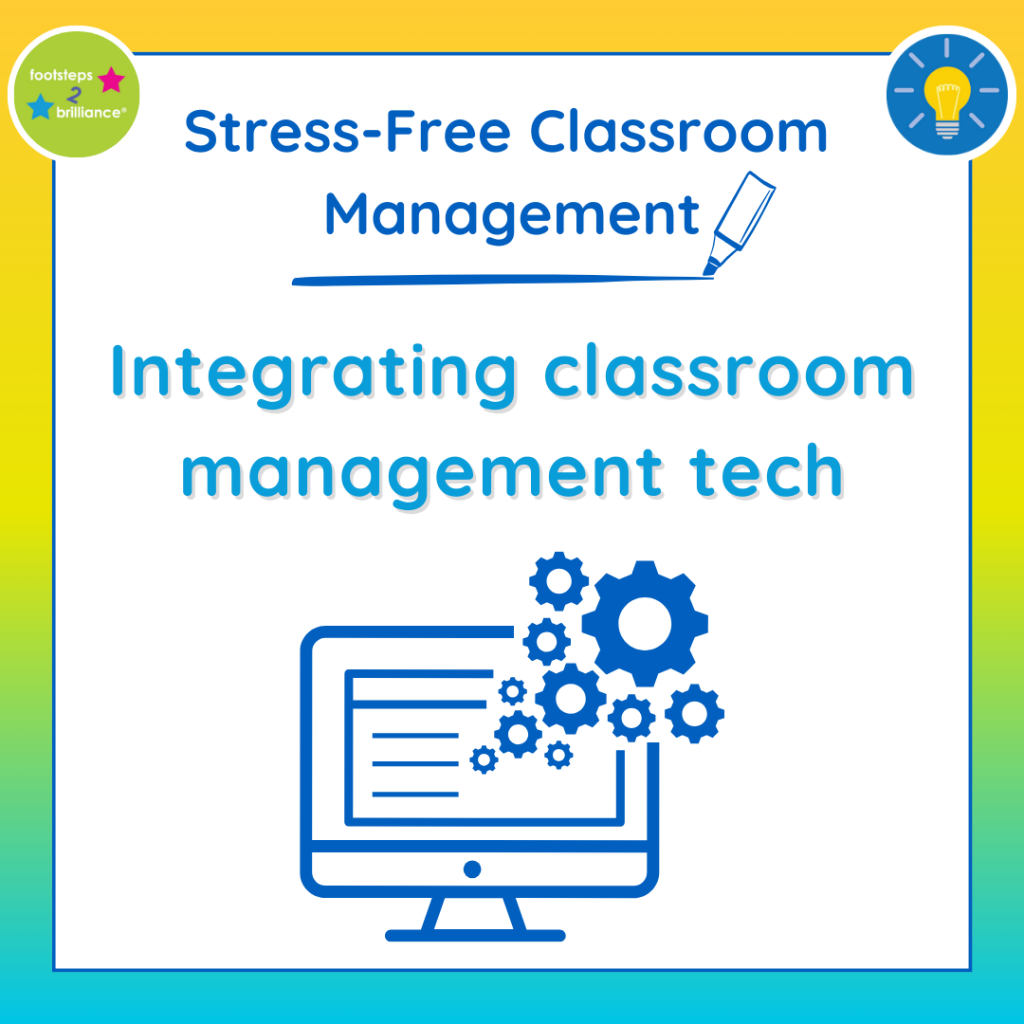Covington’s Early Literacy Initiative: Fostering a Love for Reading in Young Learners
In Covington, Kentucky, a unique and inspiring approach to early literacy is having an impact across the school district. The Read Ready Covington initiative, a hybrid program supported by both city government and nonprofits, is creating a lasting impact on young readers and their families. This comprehensive literacy program combines interactive activities, digital resources, and community engagement to inspire a love for reading among Covington’s youngest learners.













